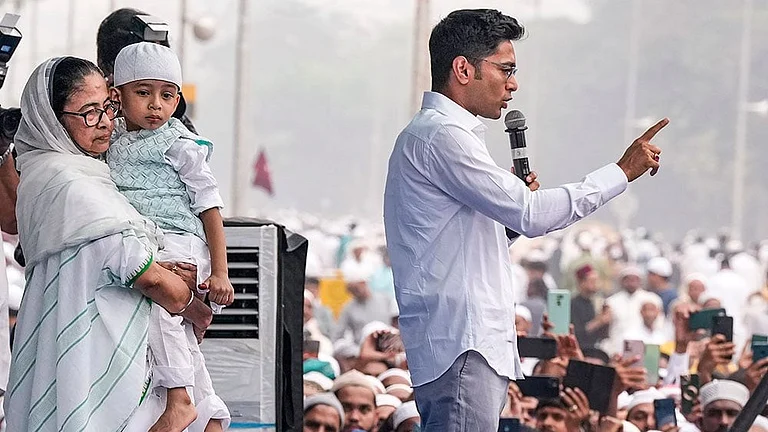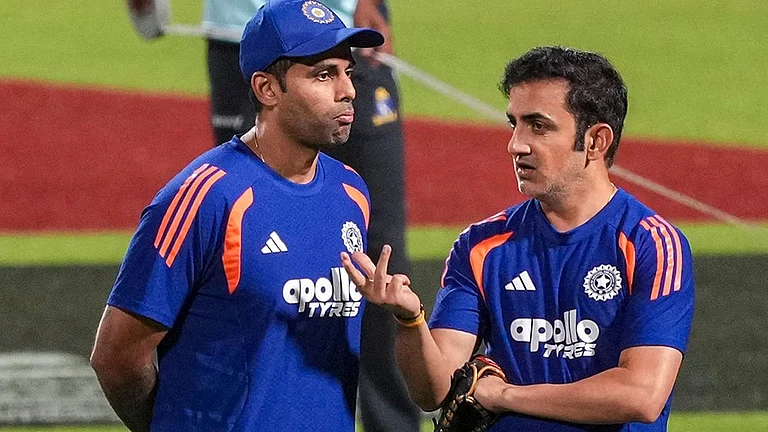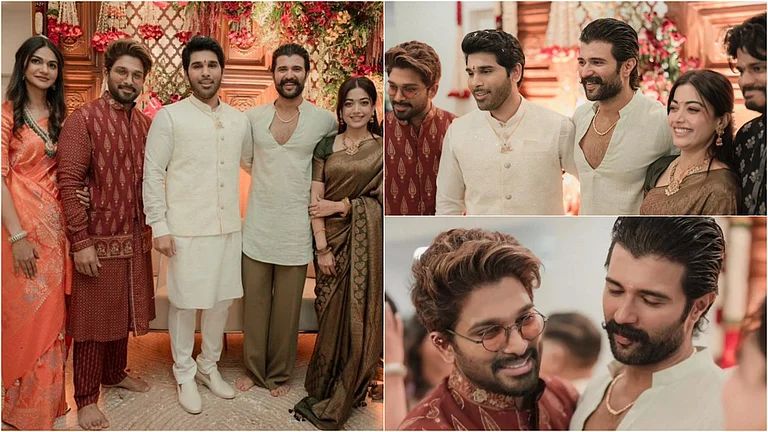She narrates how she and other women came together to demonstrate, console, relieve and change the lives of women by advocating against dowry. Butalia concludes, "Nowhere in marriage is a woman considered a human being with feelings, needs and desires."
She shares her personal experiences in marriage, where she suffered for not bringing dowry. She cites instances in her family and outside to tell us of Hardeeps, Shashibalas, Tarvinders, Kanchans, Neelams, Shakuntalas: all women burned to death for not bringing enough dowry.
Butalia participated in, and was instrumental in setting up, various ngos to raise awareness about the evils of dowry, to lobby for changes in laws, to campaign against dowry deaths and demand that offenders be punished. She shares her angst about the process in which women could and could not come together, the time spent in trying to build consensus and creating norms of working together that were not hierarchic or undemocratic.
Butalia writes of the complicity of families—parents telling a woman being tortured to adjust. Of a woman feeling disloyal or trapped when she turned to women’s groups or the police and going back to her marital home only to be killed. Case after case, Butalia despairs and says she was often angry with such women. But then, she asks, what could they do? They too were products of a society in which they had been socialised to ‘adjust’.
Those experienced in fighting for rights won’t find many surprises in the book. So, what has changed today? If campaigns against dowry are less visible, is it because there are fewer cases or that the media does not cover it? Have families that harass for dowries become more sophisticated? Have women become more astute in avoiding marriages where dowry is asked? For all this, we need another book.























